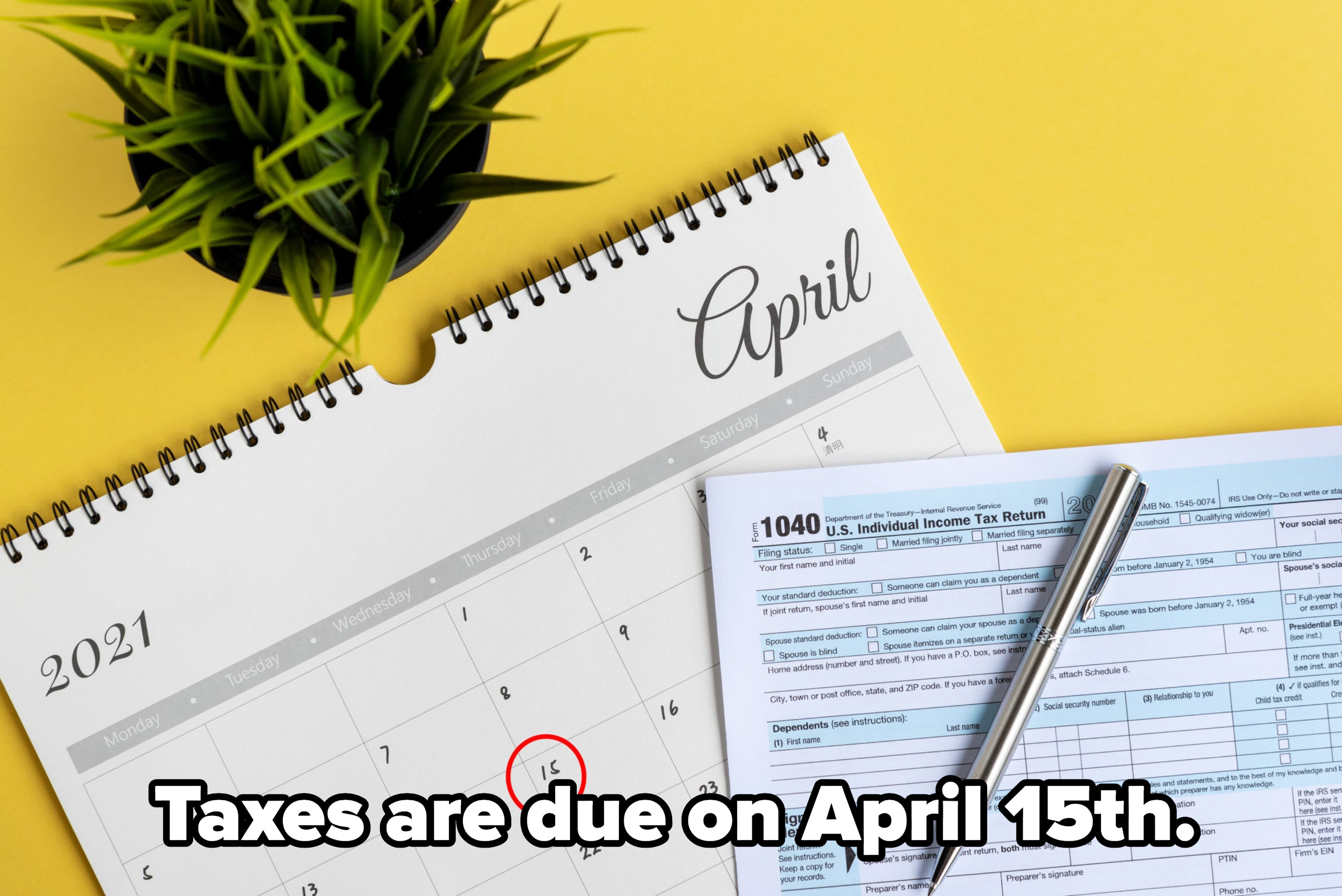We hope you love the services we recommend! All of them were independently selected by our editors. Just so you know, BuzzFeed may collect a share of sales or other compensation from the links on this page if you decide to shop from them.
Saving, investing, buying a home...understanding money management can help you do so many things in life. But for a lot of us, figuring out where to start can be pretty dang confusing.
So I asked members of the BuzzFeed Community to share some of their biggest questions about money, and then talked to Priya Malani, founder and CEO of the financial services firm Stash Wealth, to get her expert answers.
Here are seven big money questions people had on their mind, plus what you need to know:
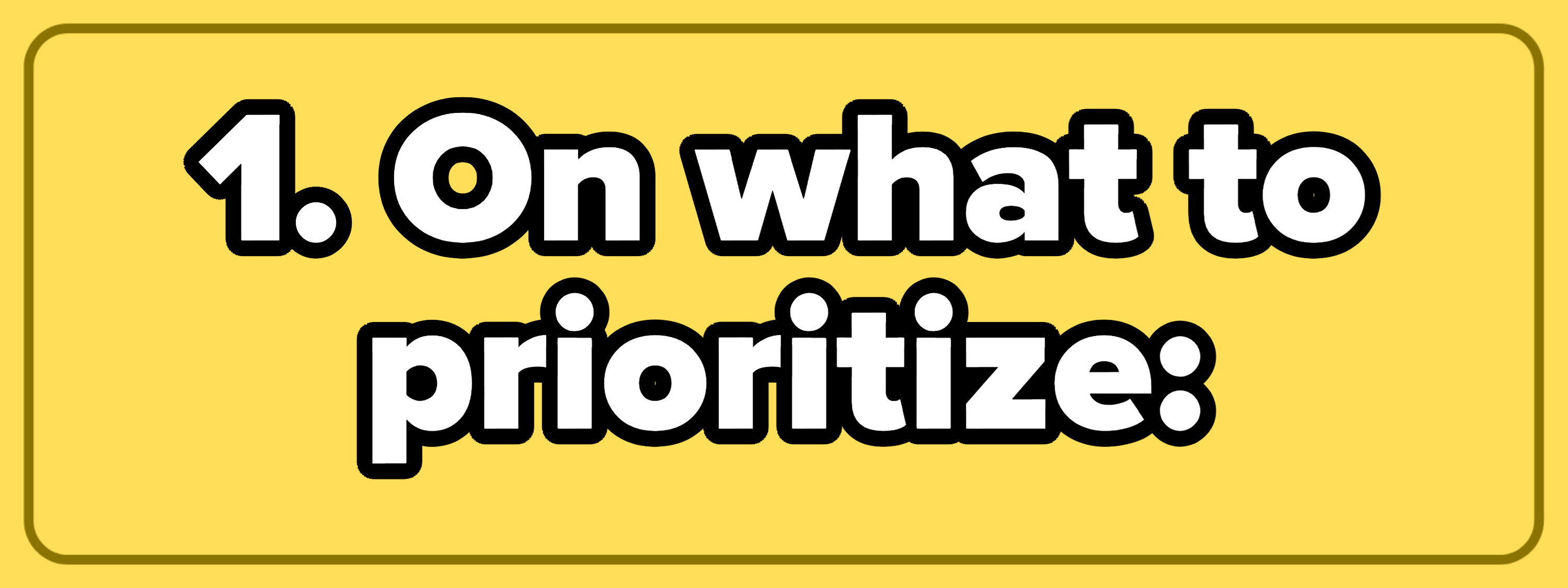
"Savings versus paying off student loans versus investing? Emergency budget versus student loans?"
Malani says that a great way to start prioritizing is to think about your situation in the long run. "A dollar sitting in a savings account may make you feel better when you look at your account balance, but it could be causing you to lose more in the long run because you’re choosing not to pay down debt with a higher interest rate (like a revolving credit card balance)."

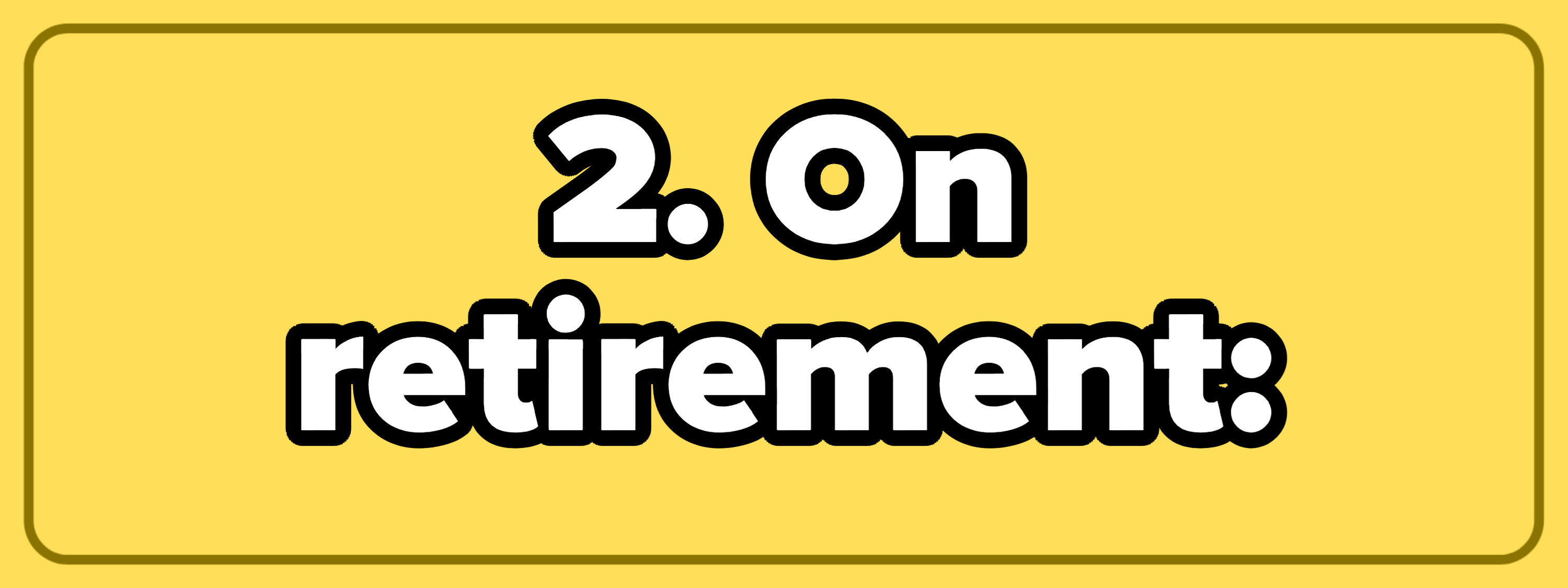
"How do 401(k)s work? What the heck is a Roth IRA, and why do I need one?"
401(k)s and IRAs are both types of investment accounts that people use to save money for retirement.

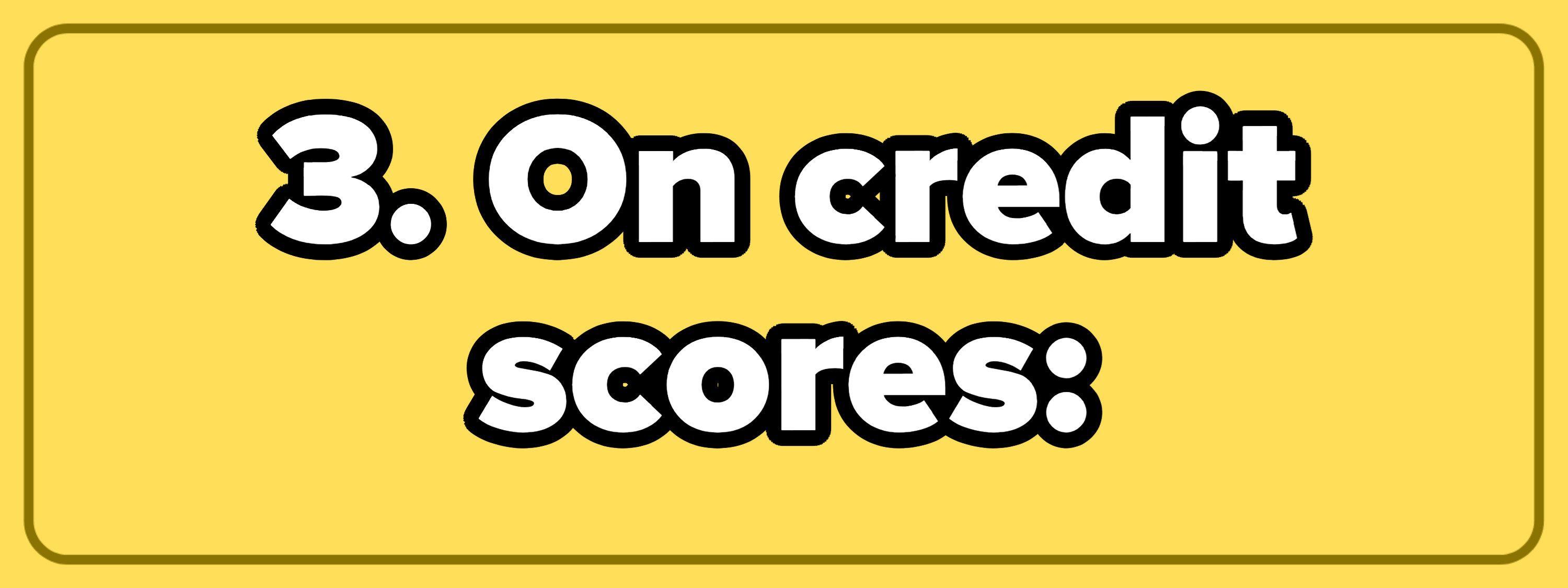
"The most confusing part of managing money to me, or at least personal finance in general, is the idea of the credit score. Far too many things are dependent on this number that basically gauges how good you are at owing people money."
Credit scoring can be a bit tricky to wrap your head around; but Malani explained that once you know how credit works, it might be helpful to think about it more like a game.
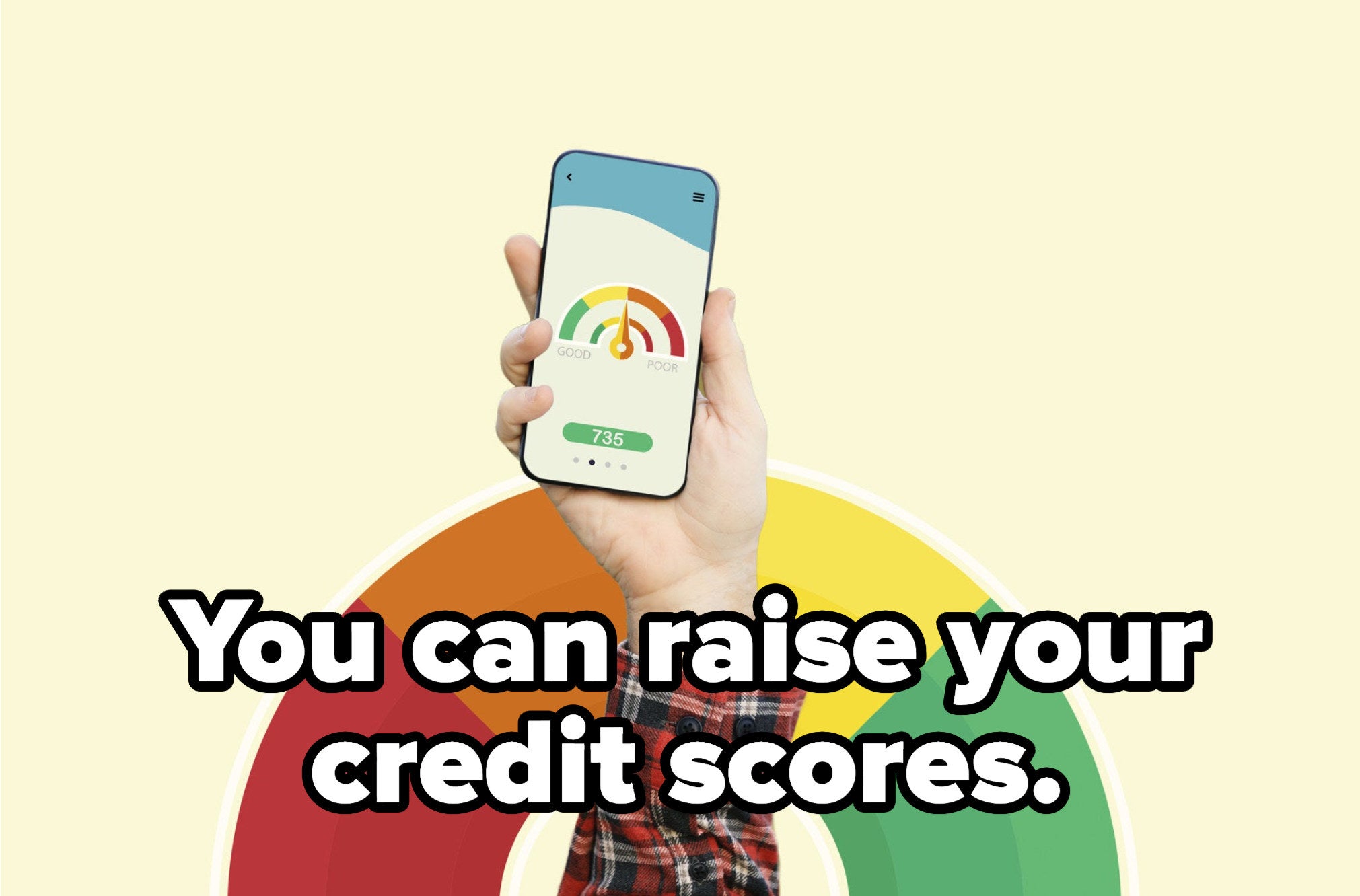
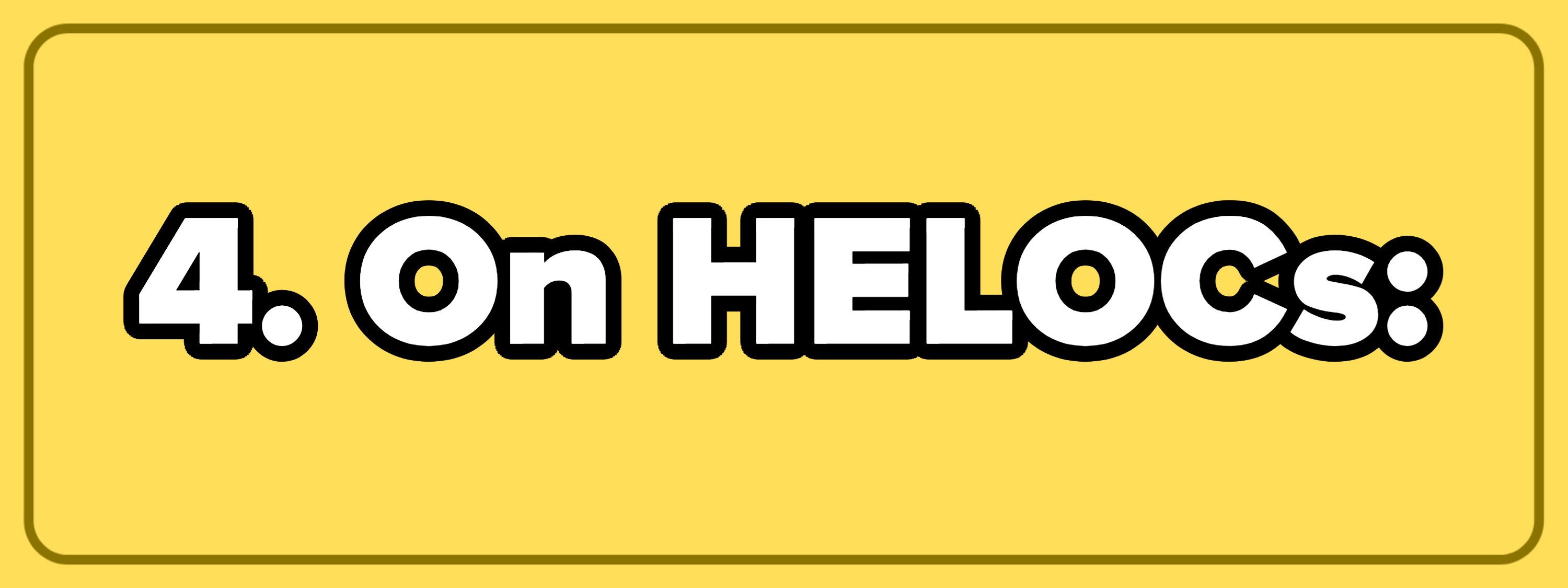
"I get mortgages perfectly fine but still can’t wrap my mind around HELOCs and home equity lines. Like, why would I want to go more into debt after I already got the mortgage? If I need home renovations, I’ll either save for them myself or won’t buy a house that needs so many renovations that I have to borrow. Still puzzles me why they are a legit banking product and what value they have to a customer."
Also known as home equity lines of credit, "HELOCs provide access to the money you’ve put into your home, plus appreciation," Malani says. To put it another way, taking out a HELOC allows you to borrow up to the current value of your home, which could be more than you've actually paid for it.
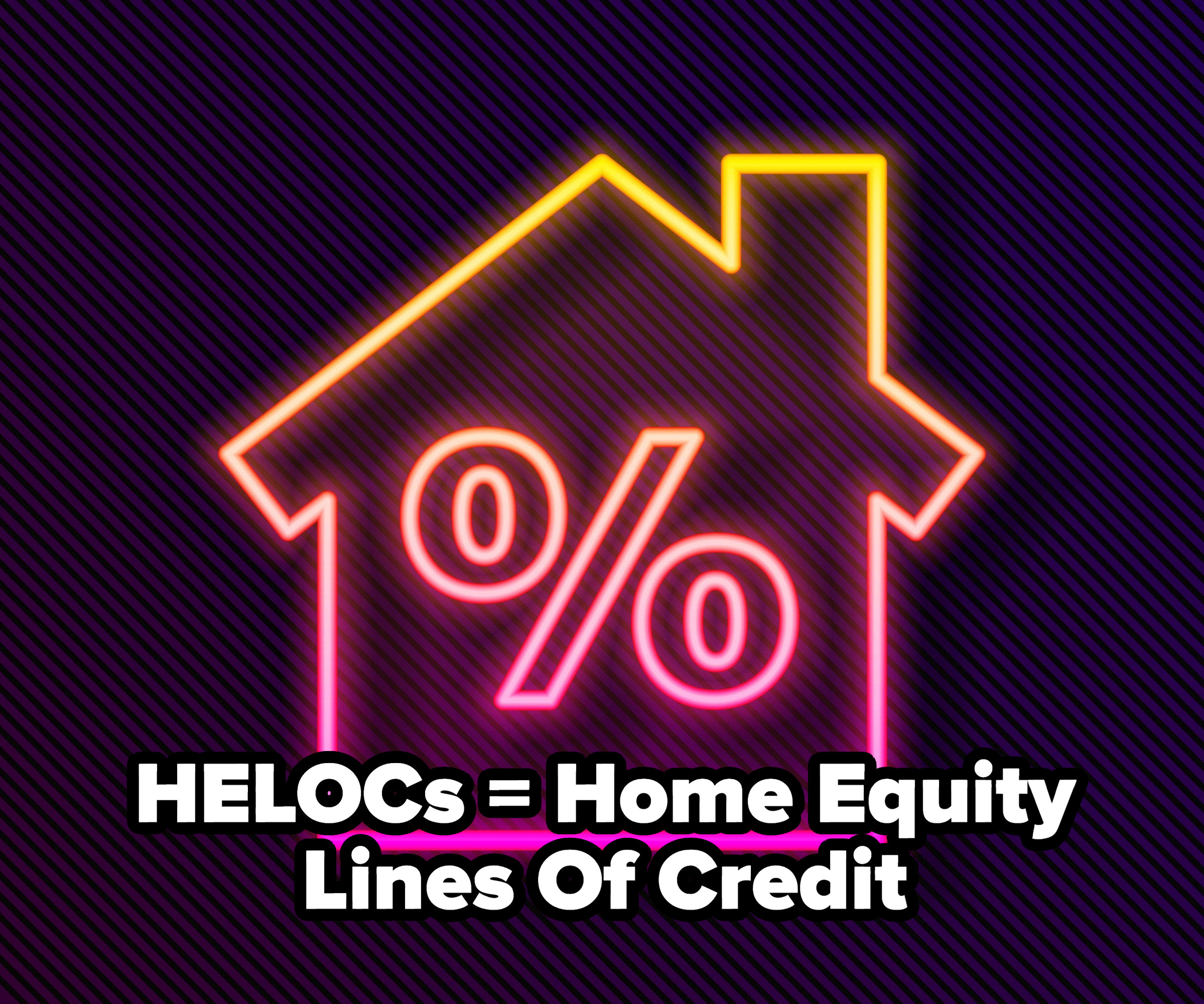
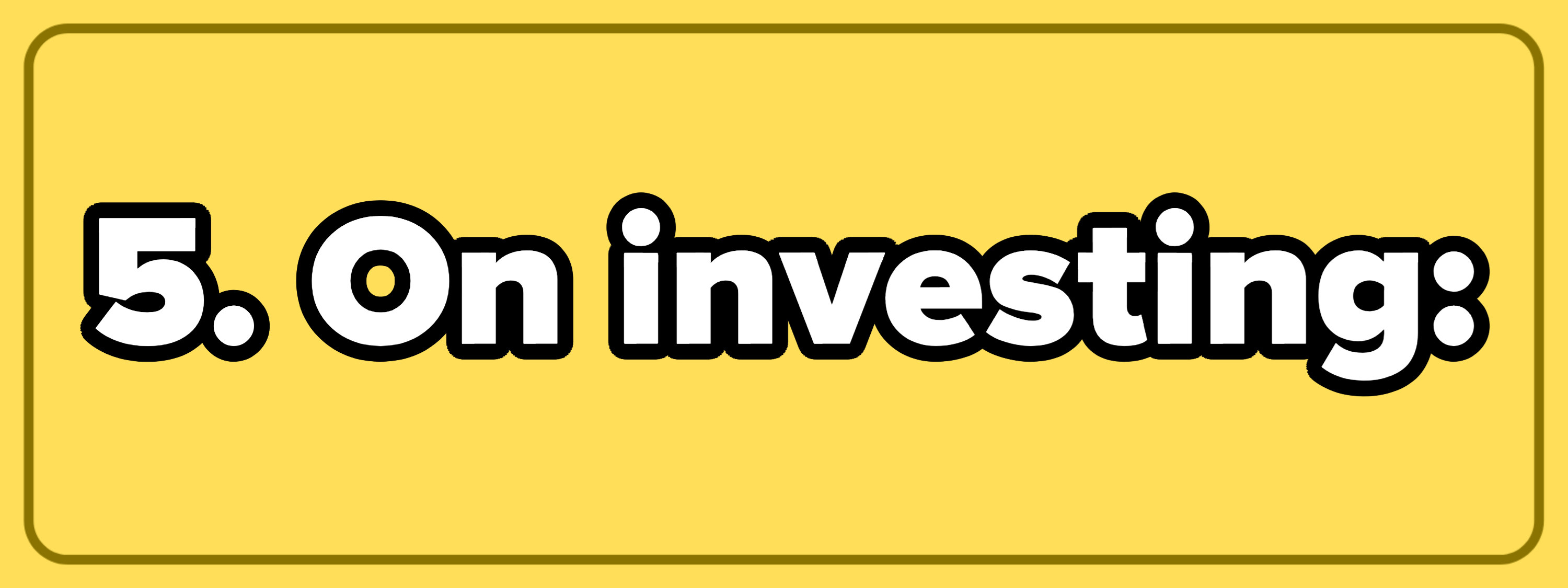
"I want to invest, but I just get overwhelmed by all the information out there. It’s so overwhelming that after six months of research I still haven’t bought a single stock. So where does one start if they only have $1,200 to play with? I read articles where people say you should be buying nine grand in one particular stock at a time. So is it even worth investing as little as $1,200?"
First things first, Malani says, "There’s a huge difference between investing and gambling. Picking single stocks like Tesla or Amazon because they’re talked about in the news puts all of your eggs in one basket and is a gamble." Instead, she recommends a slow and steady approach to growing your funds. "Investing involves a lot of patience and a long time to see progress."

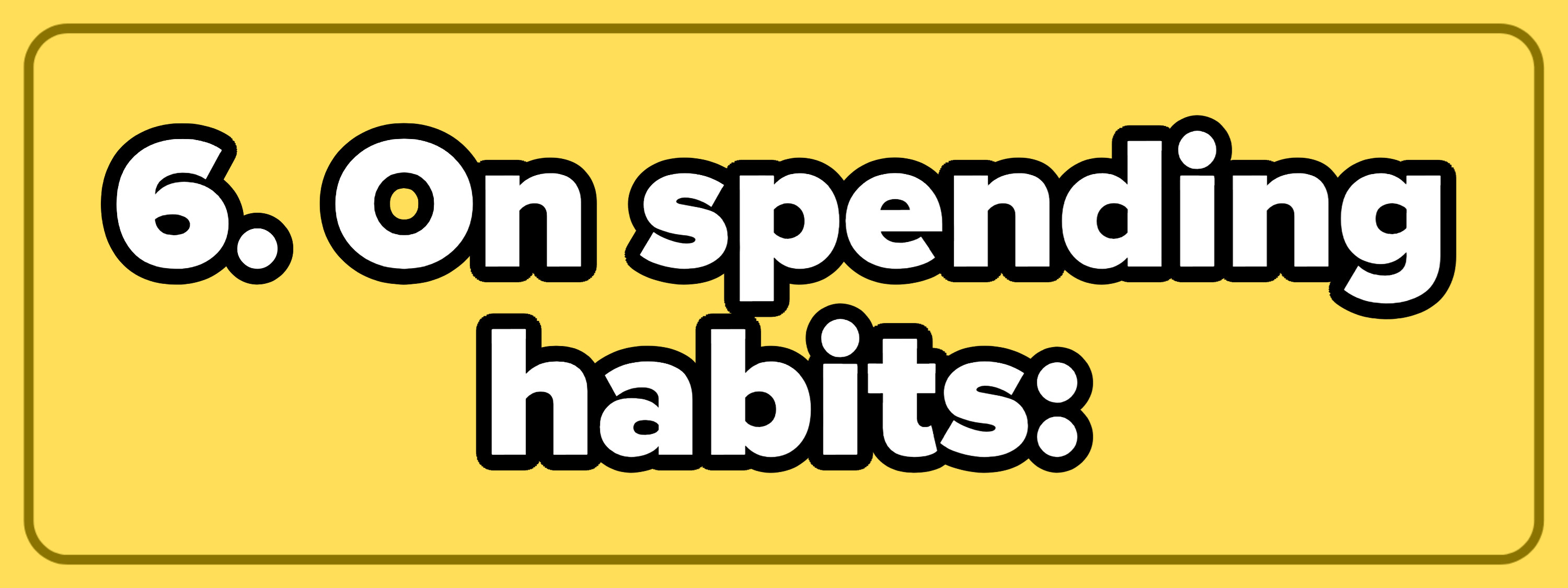
"How to stop impulsive shopping?!"
According to Malani, as long as your bases are covered, spending can actually be okay. "You shouldn’t feel guilty about spending money on the things you value as long as your long-term values aren’t sacrificed in the process. If you automate savings, investing, and debt pay-down, who cares if you blow the rest on impulse shopping?"
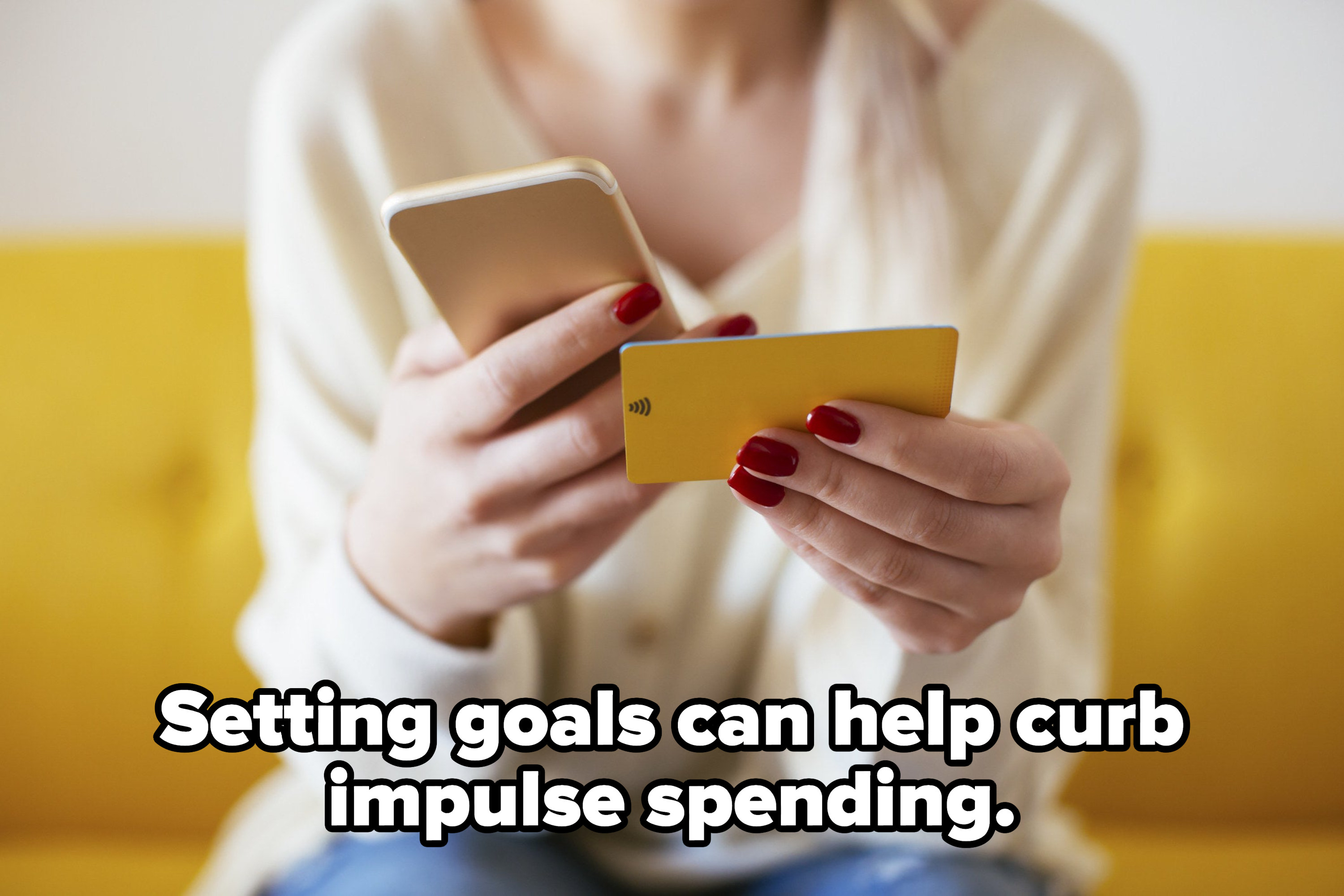
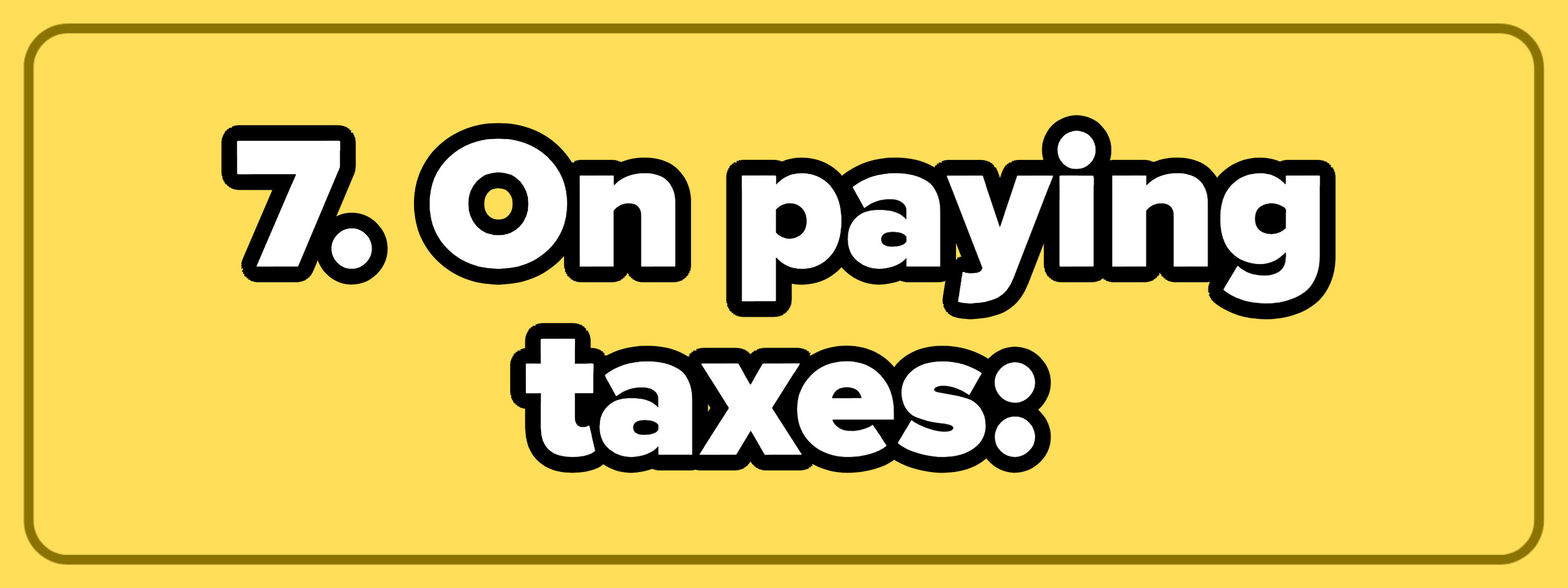
"I know it’s an obvious question, but how do taxes work??? I’m still a teen but I honestly want to know so I’m ready for when I do have taxes."
For starters, Malani says it's important to remember what taxes are all about. "Taxes pay for the things you don’t have to think about. Benefits that the government provides, from building public parks to roads to public schools and transportation."
